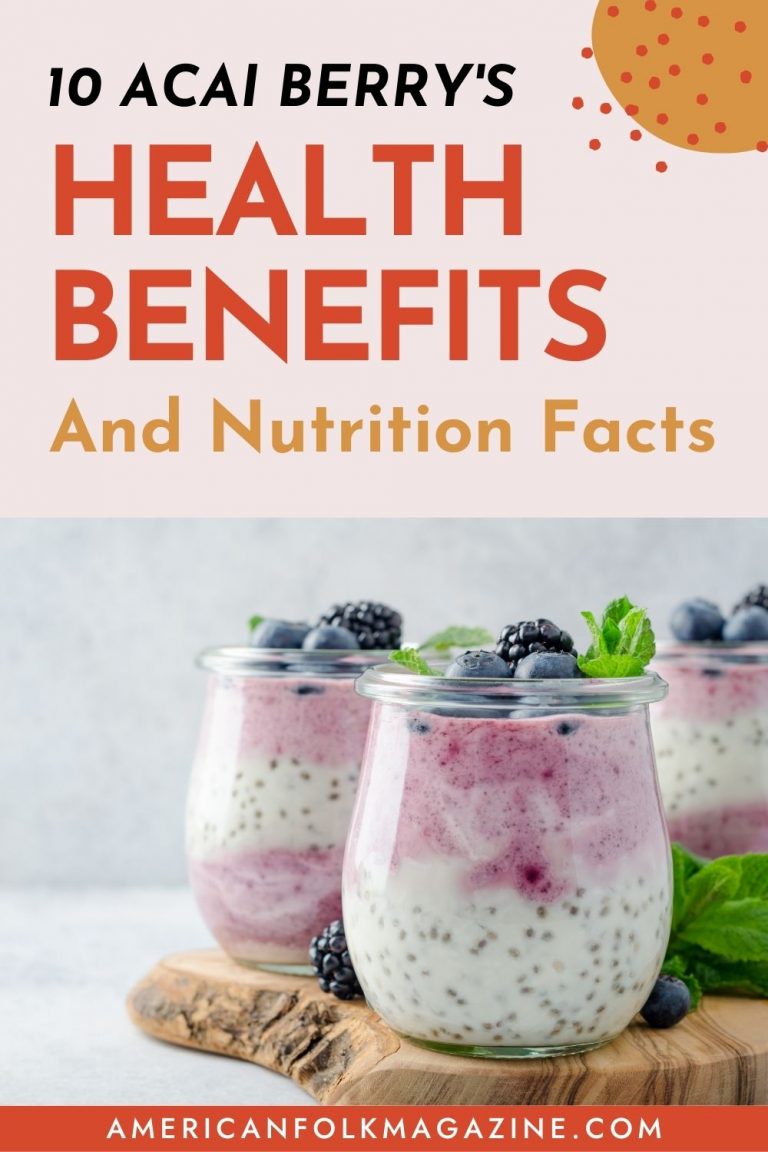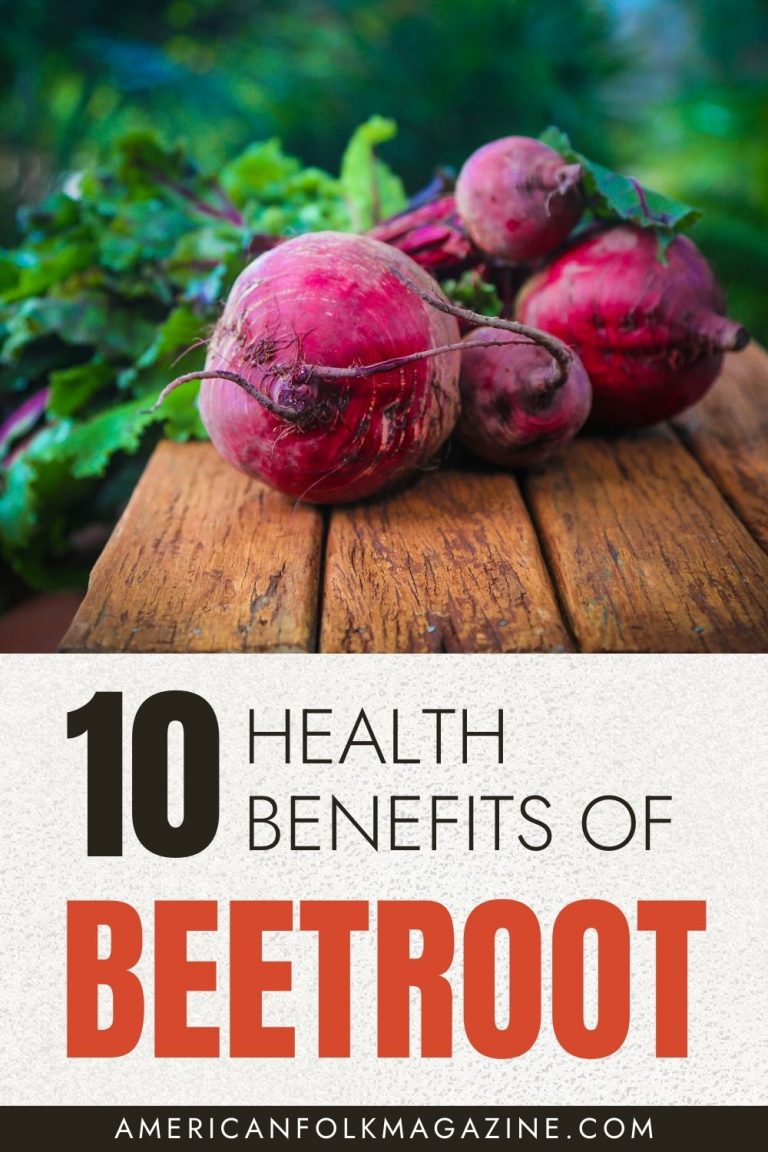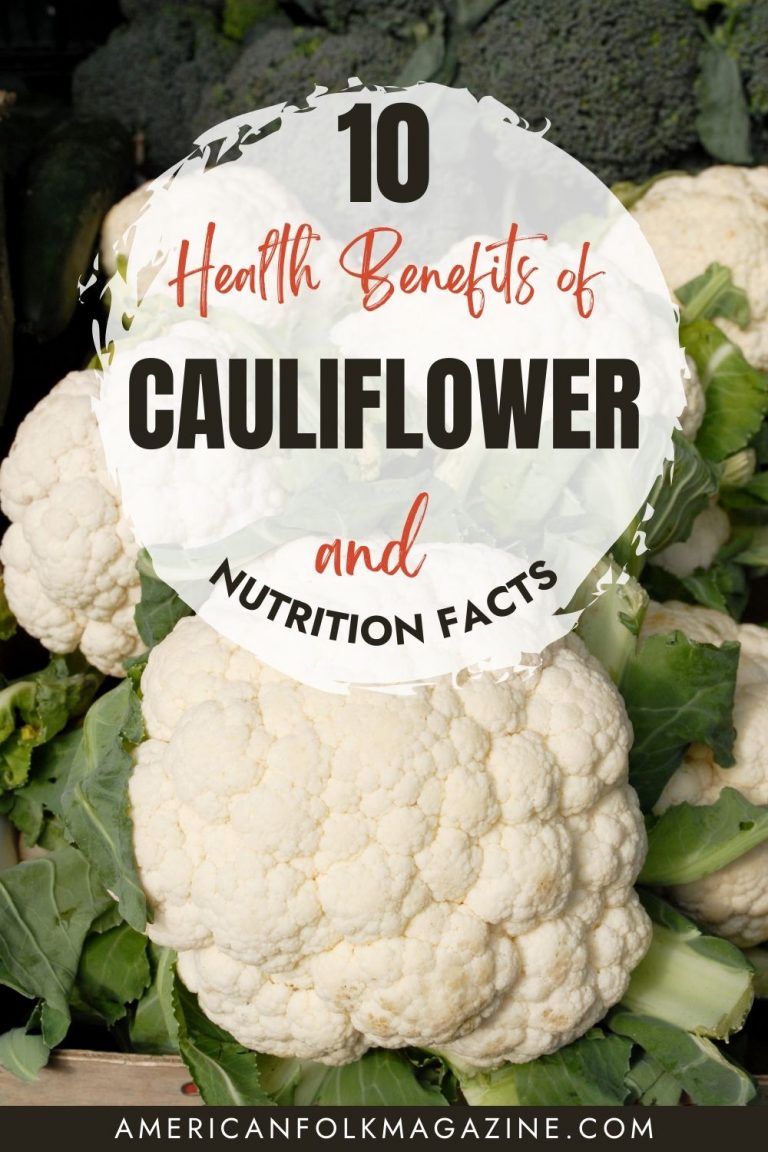Oranges are a popular fruit known for their sweet, tangy taste and bright color. They are also a nutritional powerhouse packed with vitamins, minerals, and antioxidants. In this article, we will explore the top 10 health benefits of oranges, as well as their nutrition facts.
Basic Nutrition Facts of Orange
Oranges are a popular fruit that are known for their sweet and tangy taste, as well as their high vitamin C content. They are also a good source of other important nutrients, including fiber, folate, and potassium. Here are some basic nutrition facts about oranges:
| Nutrient | Amount per 100g |
|---|---|
| Calories | 47 |
| Water | 87% |
| Protein | 0.9g |
| Carbohydrates | 12g |
| Fiber | 2.4g |
| Sugar | 9.4g |
| Fat | 0.1g |
| Vitamin C | 64.7mg |
| Folate | 30μg |
| Potassium | 181mg |
| Calcium | 40mg |
As shown in the table above, oranges are low in calories but high in water content, which makes them a good choice for those looking to maintain a healthy weight. They also contain a small amount of protein and fat, but are primarily a source of carbohydrates.
Oranges are also a good source of fiber, which is important for maintaining healthy digestion and can help lower cholesterol levels. Additionally, they are high in vitamin C, which is an important antioxidant that can help boost the immune system and protect against disease.
Oranges also contain other important nutrients, including folate and potassium. Folate is important for healthy fetal development during pregnancy, while potassium is essential for maintaining healthy blood pressure levels.
Overall, oranges are a nutritious and delicious fruit that can be enjoyed in a variety of ways, from eating them fresh to using their juice in recipes.
Top 10 Health Benefits
Oranges are not only delicious but also have numerous health benefits. Here are the top 10 health benefits of consuming oranges:
Health Benefit 1: Rich in Vitamins
Oranges are an excellent source of vitamins, especially vitamin C. One medium-sized orange contains 70 milligrams of vitamin C, which is more than the daily recommended intake. Additionally, oranges are rich in vitamins A, B, and K.
Health Benefit 2: High in Antioxidants
Oranges are loaded with antioxidants that help protect the body from damage caused by free radicals. These antioxidants can help prevent chronic diseases such as cancer, heart disease, and arthritis.
Health Benefit 3: Anti-Inflammatory Properties
Oranges contain anti-inflammatory compounds that help reduce inflammation in the body. Chronic inflammation can lead to several health problems, including heart disease, diabetes, and cancer.
Health Benefit 4: Boosts Immunity
Oranges are known for their immune-boosting properties. They are rich in vitamin C, which helps stimulate the production of white blood cells that fight off infections and diseases.
Health Benefit 5: Promotes Heart Health
Oranges are good for heart health as they are low in calories and high in fiber, potassium, and vitamin C. These nutrients help regulate blood pressure, reduce cholesterol levels, and improve overall heart health.
Health Benefit 6: Enhances Digestive Health
Oranges are rich in fiber, which promotes healthy digestion and prevents constipation. Additionally, the high water content in oranges helps keep the digestive system hydrated.
Health Benefit 7: Aids in Weight Loss
Oranges are a great addition to a weight loss diet as they are low in calories and high in fiber. The fiber in oranges keeps you feeling full for longer, reducing the chances of overeating.
Health Benefit 8: Good for Eye Health
Oranges contain vitamin A, which is essential for eye health. It helps prevent age-related macular degeneration and improves night vision.
Health Benefit 9: Skin Health Improvement
Oranges are rich in vitamin C, which is essential for collagen production. Collagen is a protein that keeps the skin firm and elastic, preventing wrinkles and fine lines.
Health Benefit 10: Helps in Brain Function
Oranges are rich in folate, which is essential for brain function. Folate helps improve memory and cognitive function, reducing the risk of age-related cognitive decline.
How to Incorporate Oranges into Your Diet
Oranges are a versatile fruit that can be incorporated into your diet in many ways. Here are a few ideas to get you started:
- Eat them as a snack: Oranges are a great on-the-go snack. Simply peel and eat!
- Add them to salads: Oranges can add a burst of flavor to any salad. Try adding sliced oranges to a spinach salad with feta cheese and walnuts.
- Make orange juice: Freshly squeezed orange juice is a delicious and healthy way to start your day. Just be sure to drink it in moderation, as it contains a lot of natural sugar.
- Use them in marinades: Oranges can be used to make a flavorful marinade for meats. Combine orange juice, soy sauce, and garlic for a delicious marinade for chicken or pork.
- Make orange zest: Orange zest is the outermost layer of the orange peel and is full of flavor. Use a zester or grater to remove the zest and add it to baked goods, marinades, or dressings.
- Freeze them: Frozen oranges make a refreshing and healthy snack. Simply peel and freeze the oranges, then eat them like a popsicle.
- Add them to smoothies: Oranges can add a sweet and tangy flavor to any smoothie. Try blending an orange with banana, spinach, and almond milk for a delicious and healthy breakfast.
By incorporating oranges into your diet, you can enjoy their many health benefits while also adding variety and flavor to your meals.
References:
- https://www.verywellfit.com/oranges-nutrition-facts-calories-and-health-benefits-4119322
- https://www.healthline.com/nutrition/oranges
- https://www.webmd.com/food-recipes/health-benefits-oranges
Pin It In Your Board











